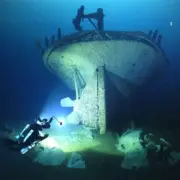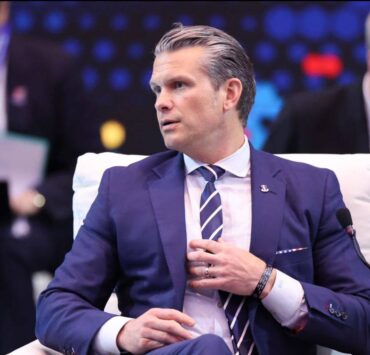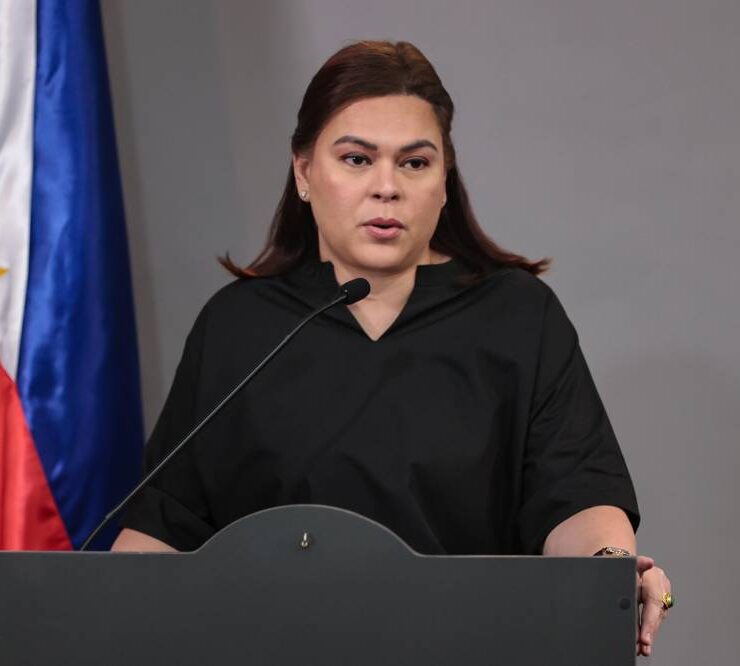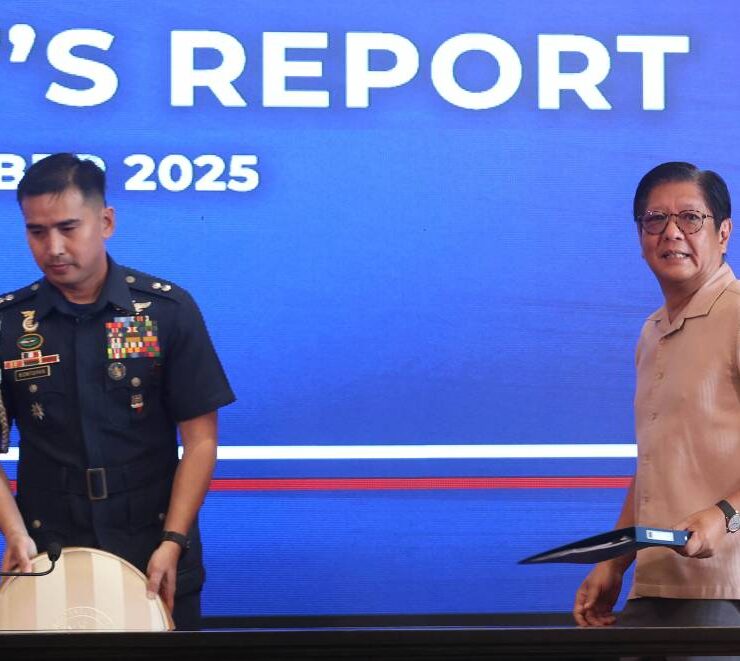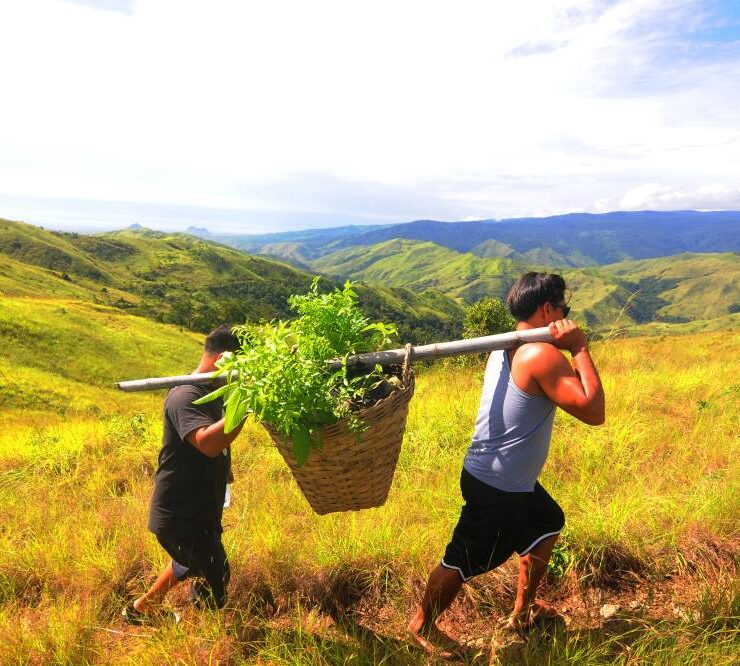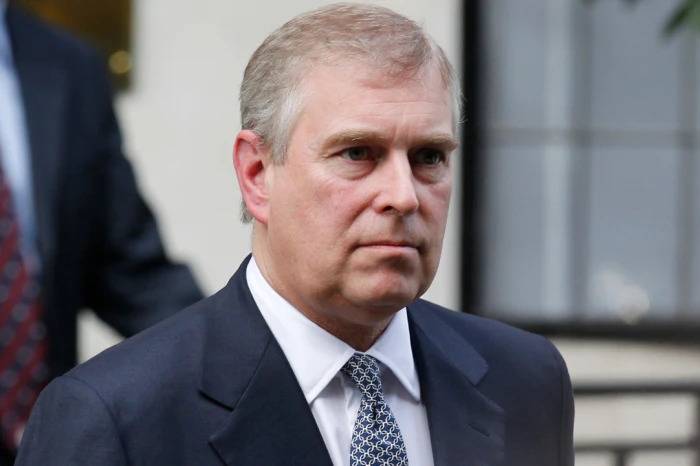Canada 5th ally to ink defense deal with PH
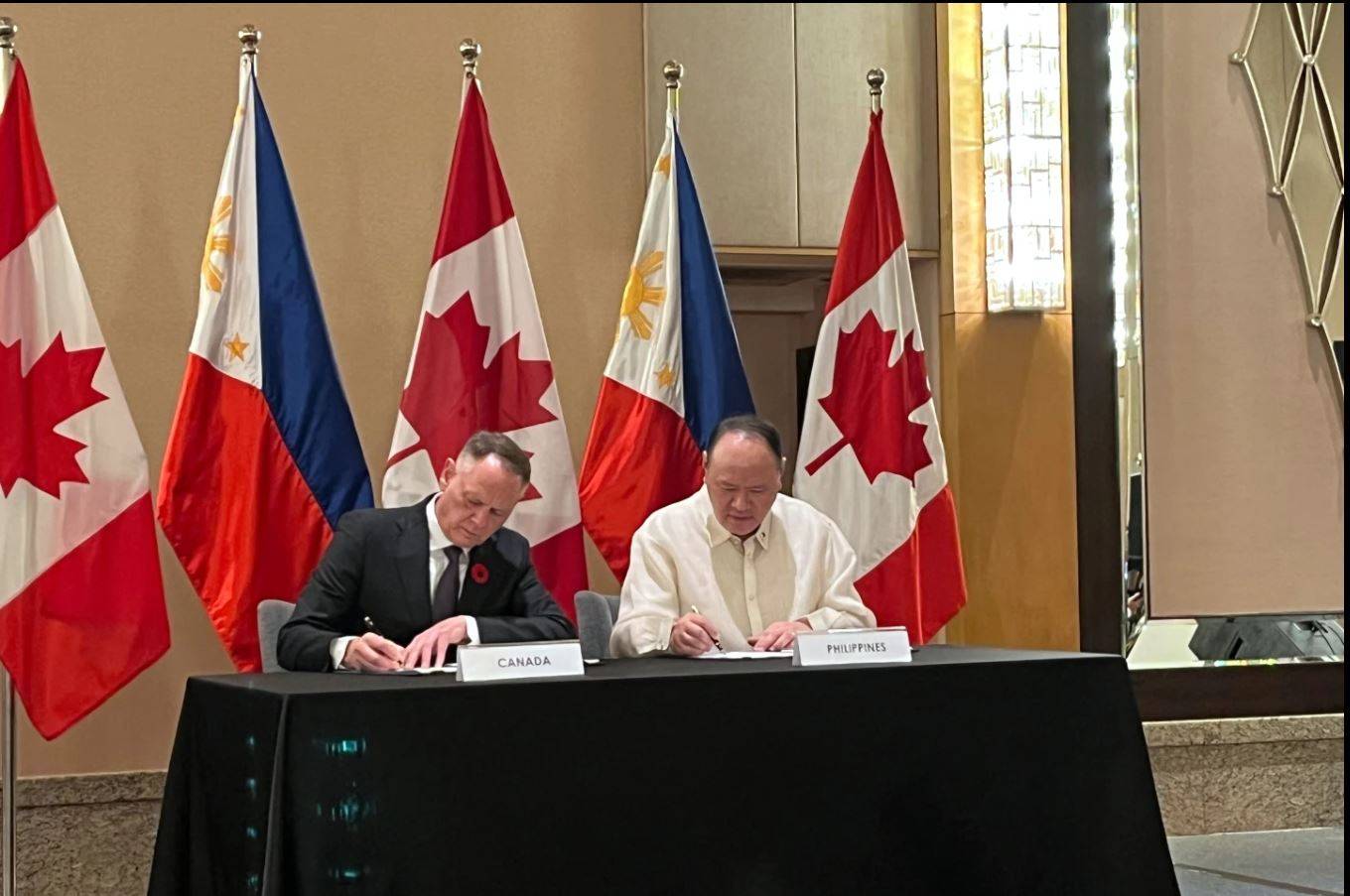
The Philippines and Canada signed on Sunday a Status of Visiting Forces Agreement (SOFVFA) that would allow their forces to hold joint battle-readiness drills and expand a network of security alliances to deter aggression.
Defense Secretary Gilberto Teodoro Jr. sealed the pact with his Canadian counterpart, David McGuinty, after a bilateral meeting in Manila on Sunday.
The agreement between the two staunch critics of China’s increasingly coercive actions in the South China Sea will then be ratified by President Marcos and approved by two-thirds of the Senate before it takes force.
A VFA provides the legal framework for temporary visits by foreign troops with their weapons and large-scale combat exercises in either territory of the signatory countries.
The SOFVFA with the Philippines is Canada’s first in the Indo-Pacific region. The North American country becomes the fifth country in which the Philippines has a similar defense deal.
To date, the Philippines has SOVFAs with Australia, New Zealand and Japan—for which the pact is called the Reciprocal Access Agreement.
Australia and the Philippines signed their agreement on May 31, 2007, through then Defense Secretary Hermogenes Ebdane Jr. and his Australian counterpart, Minister Brendan Nelson. It was ratified in 2012.
Manila has a long-standing VFA with the United States that officially entered into force in 1999, and negotiations are ongoing for a similar security deal with France.
Protection
Asked how the SOVFA with Canada is different from the other defense deals, Teodoro said it would be on the “specific specializations and distinct experiences each country’s military has.”
“We have much to learn and much to converge in with Canada, distinct from Australia and the other countries that we have [SOVFA with]. But we will converge with them in upholding the rules-based international order,” he added.
During a joint press briefing, Teodoro said the SOVFA would not only bring the two countries on a “more resilient footing internally,” with their militaries’ exchange in mechanisms and information, but it would also provide protection to both the Philippines and Canada from external threats.
‘True leadership’
“[It] is very important to provide the shield of law, to shroud us against those forces that may exist now, that may want to disrupt our way of life, and our peace, stability and security,” the defense chief said, without naming a specific country.
“But more importantly, [the SOVFA will provide] a framework of predicting, preventing, or responding to the threats of the future which we may not know now,” Teodoro added.
According to McGuinty, Ottawa strengthened its security cooperation with Manila as the partners shared a “common perspective on the world.”
“[P]eace is built on rules, not recklessness, and that stability grows from cooperation, not confrontation. The Philippines has shown true leadership in upholding international law and in seeking the peaceful resolution of disputes,” he noted.
“And for that, you have Canada’s greatest and deepest respect,” McGuinty said of the Philippines.
“We are proud to deepen our partnership with a country that courageously acts on those values, not just in words, but through your dedicated work toward regional peace and security,” he added.
Chinese provocation
The SOVFA between Manila and Ottawa comes as the Philippines continues to expand its network of security alliances in response to the growing provocation of Beijing in the West Philippine Sea, waters in the South China Sea within the Philippines’ 370-kilometer exclusive economic zone.
According to Teodoro, the agreement reflects the “trust and confidence” between nations that “can work together, not only bilaterally, but with other like-minded partners “to preserve and enforce peace and stability, [and] to deter instability.”
Last Friday, Manila and Washington formed a new task force to deter Beijing’s aggression in the West Philippine Sea.
US Department of War chief Pete Hegseth, along with Teodoro, formally announced Task Force Philippines after they met at the Asean Defense Ministers’ Meeting in Malaysia.
Speaking to reporters in a sit-down interview in Busan where the President joined other heads of state for the annual Asia-Pacific Economic Cooperation Summit, Mr. Marcos defended the establishment of the joint initiative against Chinese criticism.
According to Mr. Marcos, Task Force Philippines organizes the Philippines and the United States into a more cohesive unit in terms of upholding freedom of navigation in the West Philippine Sea.
Beijing claims the South China Sea, a major trade route, virtually in its entirety despite a 2016 arbitration ruling that invalidated those claims based on the 1982 United Nations Convention on the Law of the Sea.
China has dismissed and continues to defy the ruling. It has employed powerful water cannons and dangerous blocking maneuvers against Philippine Coast Guard and fisheries vessels in the disputed waters, resulting in minor collisions and injuries to Filipino personnel.
Vietnam, Malaysia, Brunei and Taiwan have also been involved in the long-simmering territorial disputes in the South China Sea. —WITH REPORTS FROM LUISA CABATO, INQUIRER RESEARCH AND AP













